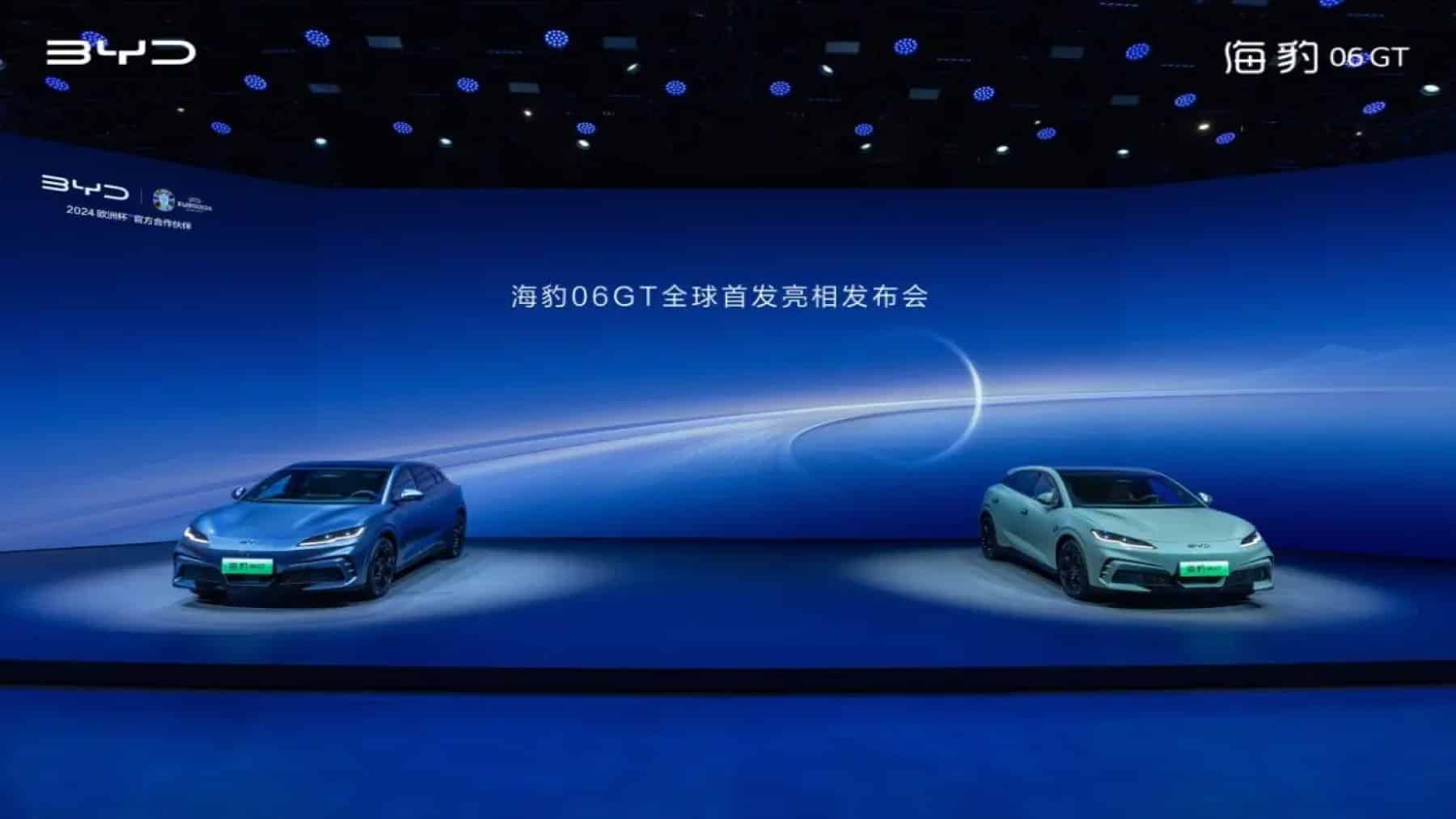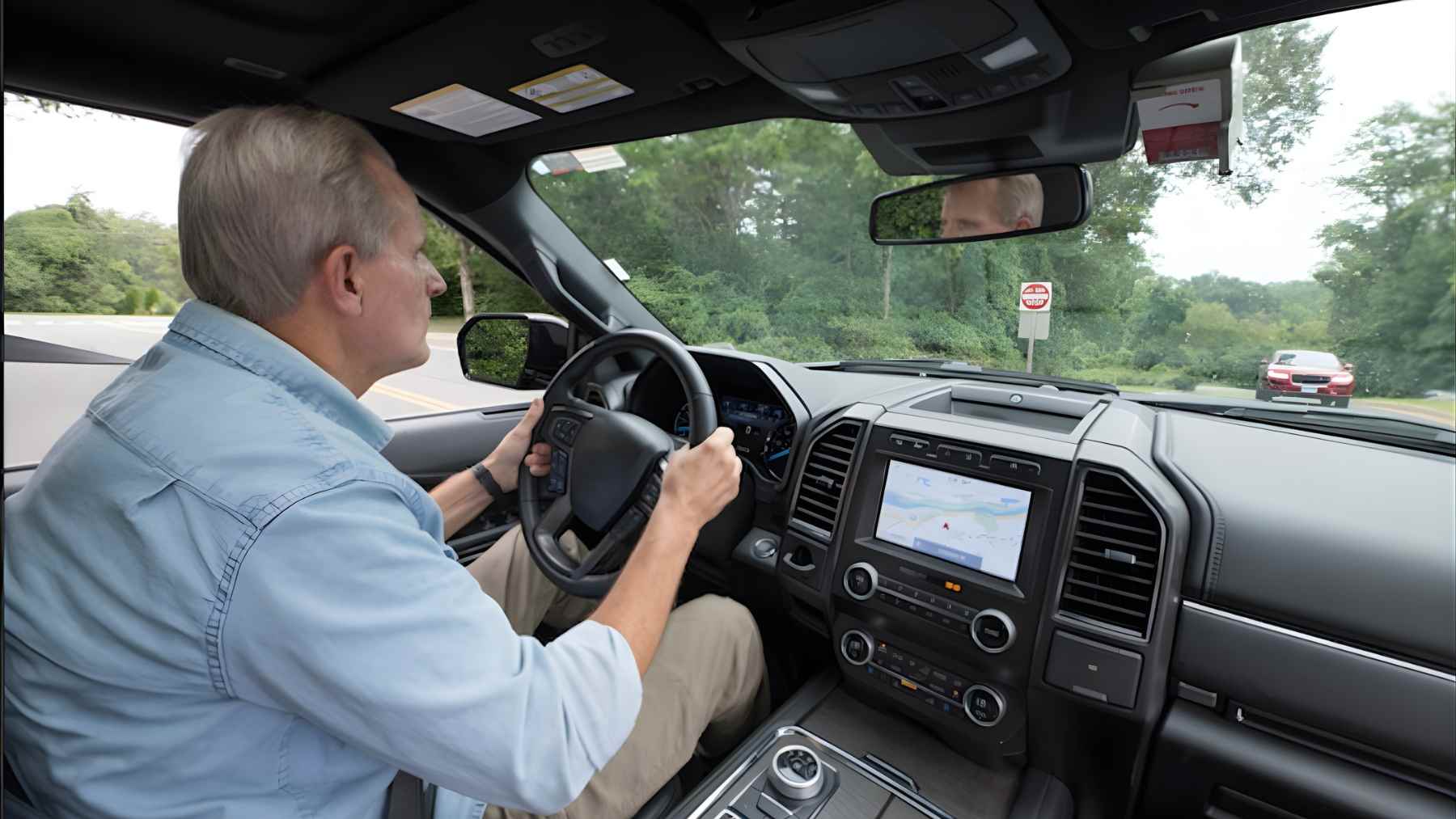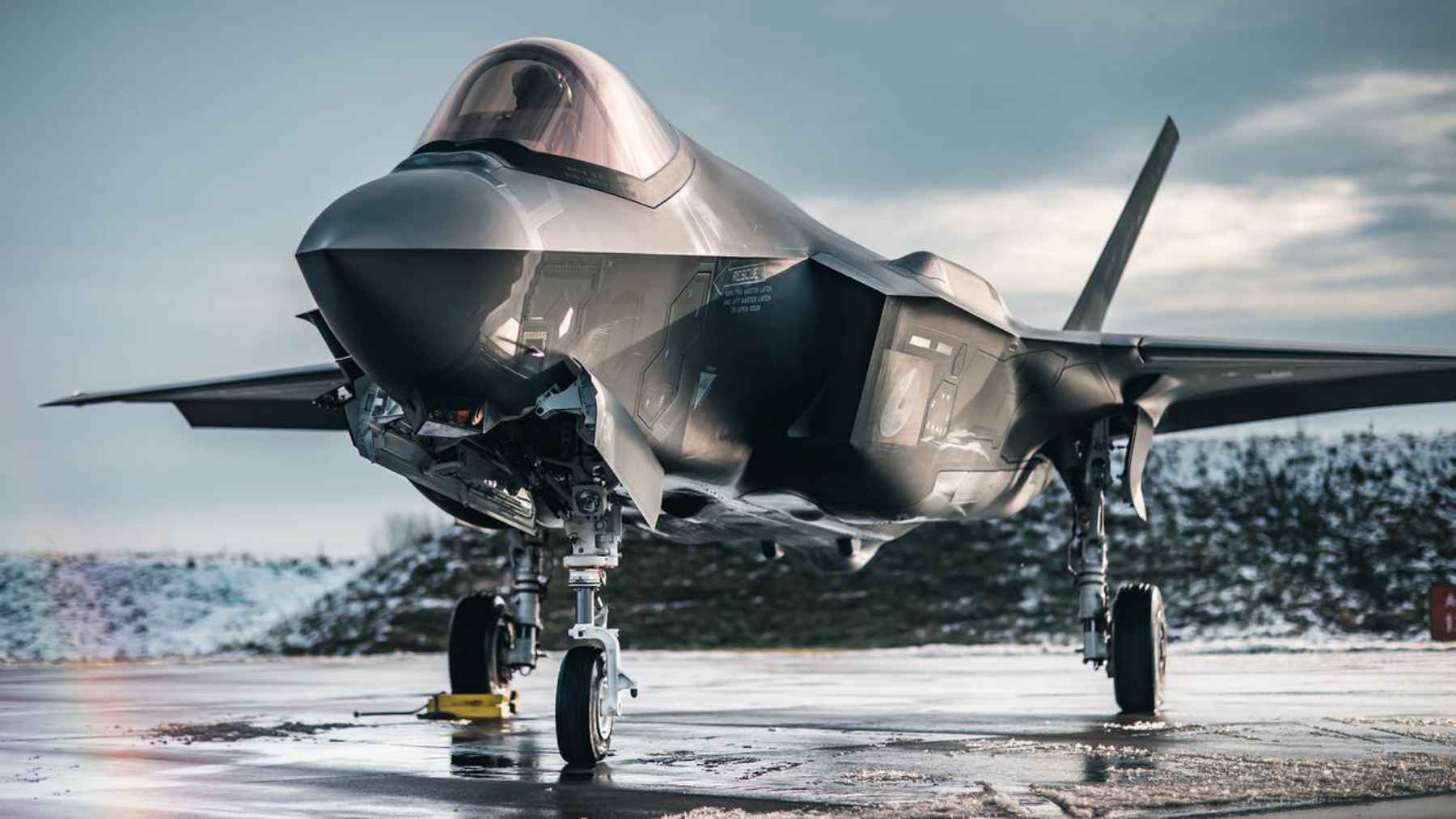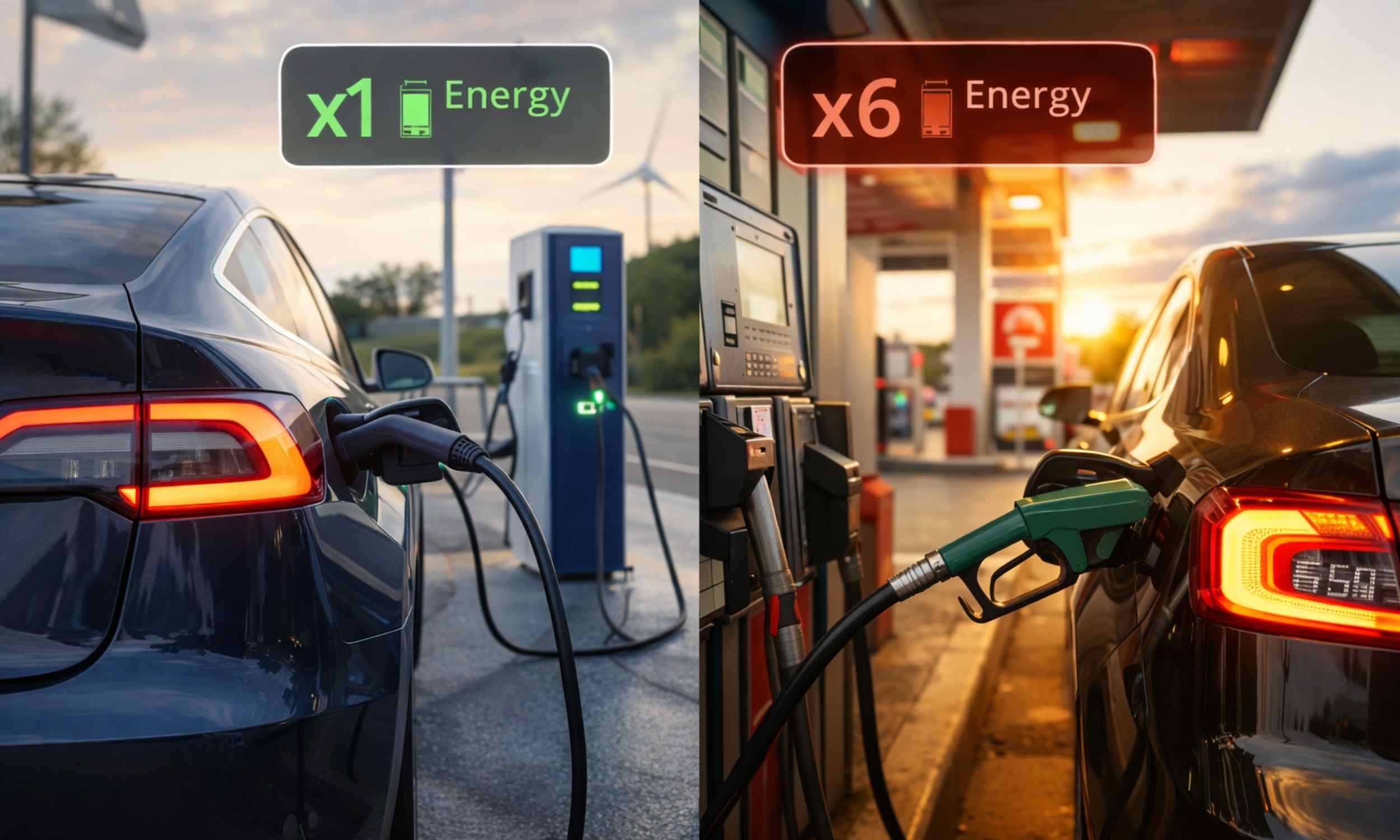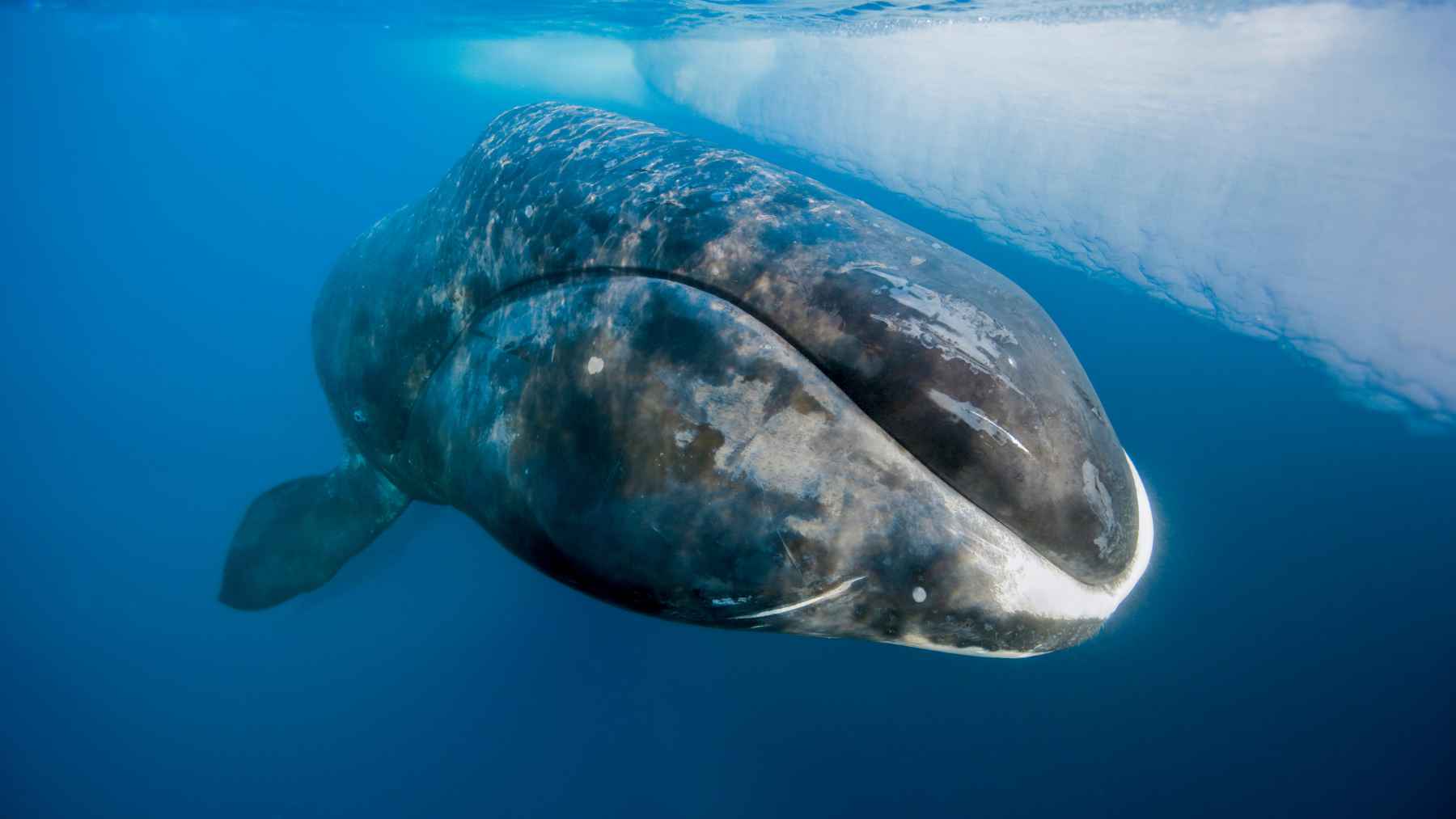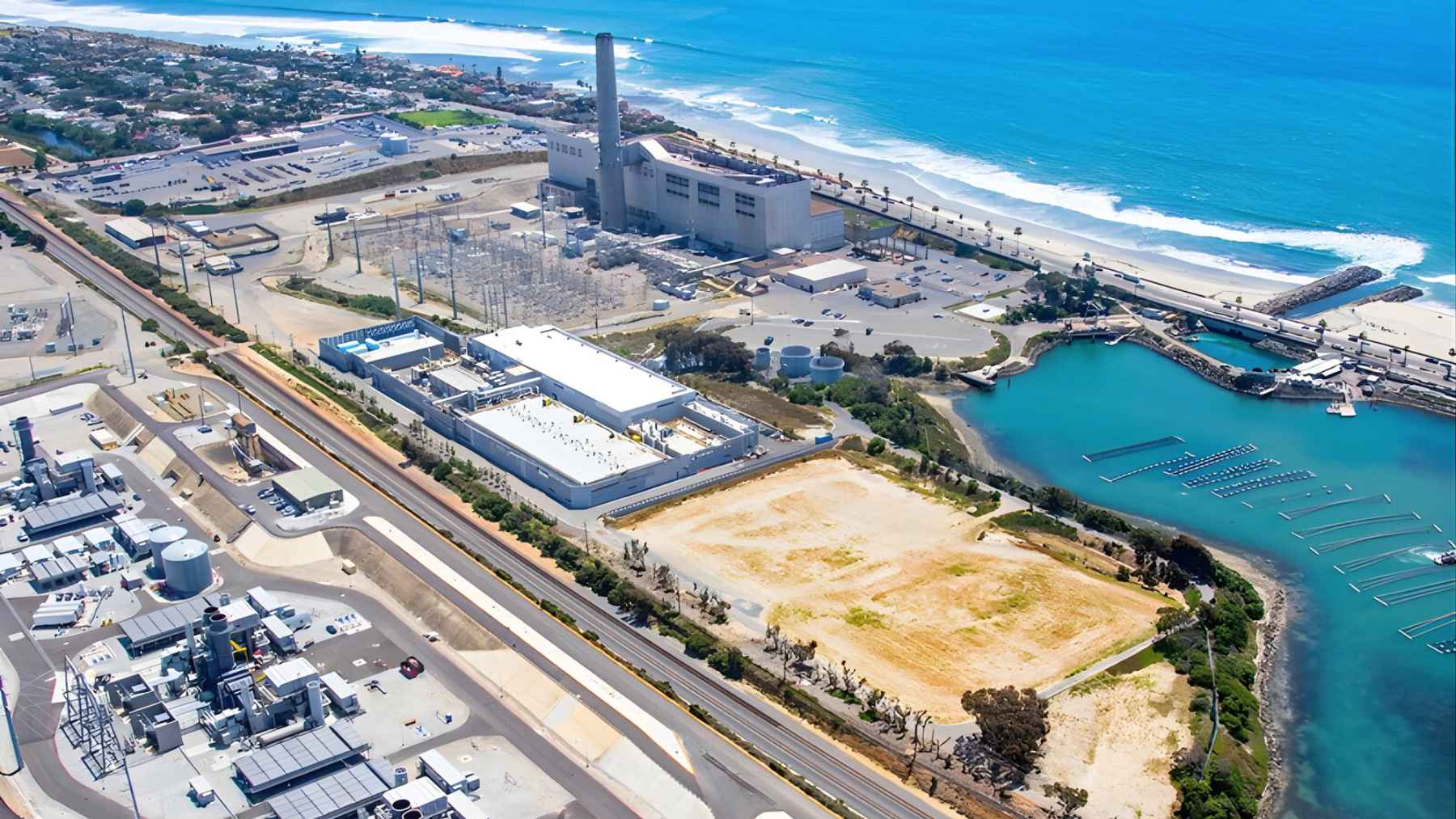This new vehicle from China may be the next dominating power for other EVs and hydrogen-powered vehicles. As the world continues to strive towards reaching its carbon-neutral goals to see a more sustainable future and prevent irreparable climate damage, the transportation industry has risen to the challenge to adopt alternative engines for its vehicle models, with these engines signalling a shift towards phasing out the internal combustion engine and a reliance on fossil fuels.
EVs come to dominate the automobile world
To embrace alternative engine technologies, electric vehicles (EVs) have risen to be the most popular solution to achieve this. Today, hybrid EVs are the most popular alternative engine on the road globally. The success EVs have seen in terms of consumer adoption is largely thanks to both advances in battery engine technology in the past decade, as well as the ‘Tesla effect,’ whereby Tesla’s mass global success with the release of their luxury EVs catapulted other automakers to release their own models.
While many automakers have set their sights on EVs being the future of passenger vehicles, others have continued to develop other alternative engine technologies, including rising-star hydrogen fuel-cell powered vehicles. While not as popular as EVs, hydrogen-powered vehicles may provide an alternative solution for sectors in the transportation industry where electrification is not possible. Additionally, it offers the automobile world another avenue to achieve carbon-neutrality as opposed to only relying on EVs to achieve this.
This new model from China may surpass current EVs
While Tesla has long held dominance in terms of global EV sales, a competitor that has recently usurped this position is China’s electric vehicle company BYD. While Tesla continues to hold a majority stake in terms of American EV sales, the advanced EV technology, coupled with a more affordable entry price from BYD, has meant that more consumers are choosing to opt for the Chinese company’s EVs as opposed to a Tesla.
BYD has demonstrated advanced technological expertise in a relatively short period of time. Earlier this year, the company made headlines with its Han L electric sedan, whereby the vehicle showcased the following impressive outputs:
- A dual-motor 4WD with a peak power output of up to 810kW (1,086hp).
- A range of 601km on a single charge.
- Dual-gun charging, whereby the vehicle can go from 16% to 100% charge within 24 minutes.
The vehicle model also has a hybrid option for consumers who still have reservations regarding battery range. The success of the hybrid model over fully electric options is largely due to the lack of widespread charging facilities to support EVs, meaning consumers continue to rely on a traditional combustion engine in case electric charging facilities are not available and battery power is running low.
Increased competition for EV developers
While Tesla and BYD have been the headline focus regarding competition between vehicle developers in EV developments, other automakers have continued to provide sophisticated outputs, highlighting how competition remains fierce from all sides and that the EV market may be reaching a point of saturation.
While global EV sales have stalled, this has not deterred their continued development by automakers globally. In fact, more are teaming up together to pool their expertise and resources to provide advanced outputs and push for increased widespread adoption of these alternative engine solutions.
Japanese automaker Toyota has been notably influential in teaming up with competitors to produce sophisticated alternative engine technology; however, other automakers have also announced their own collaborations with unlikely partners to produce EVs that can compete with Tesla and BYD models that continue to dominate the EV market. These unexpected alliances are ultimately in favor of pushing for a more sustainable world with cleaner mobility solutions.
